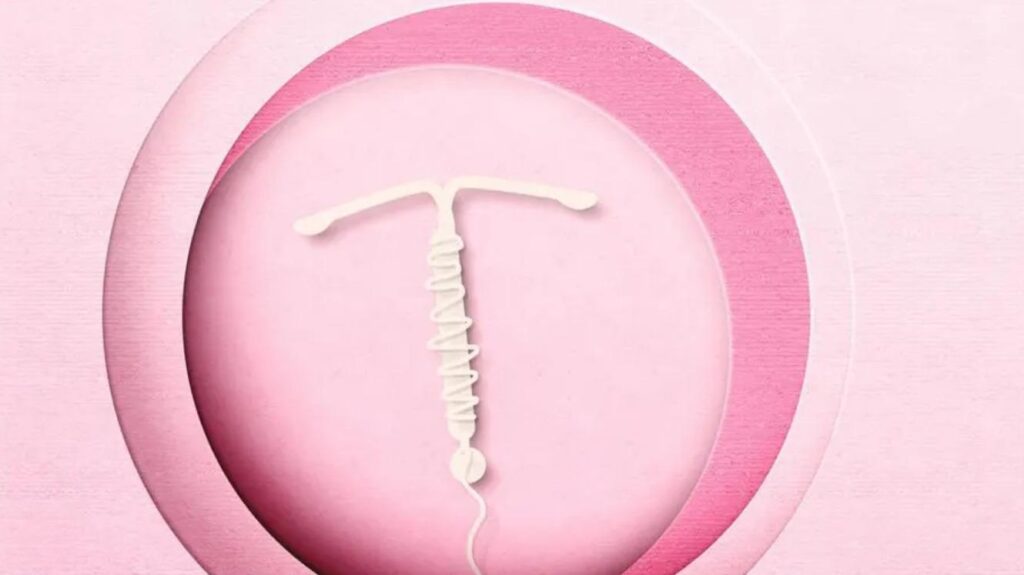Women are the majority of birth control users to prevent pregnancy or maintain birth spacing. Intrauterine Devices or IUDs are popular because they are practical and can prevent pregnancy for up to 8 years. Regrettably, many women complain of Mirena gastrointestinal side effects while using the IUD.
If you use Mirena birth control, you should raise your awareness about the side effects it causes. This article will provide full-scope information and how to navigate a lawsuit if you suffer losses due to using the Mirena IUD. Read ahead to keep you in the loop!
A Glimpse About Mirena
The Mirena IUD is one of the many types of birth control that is used by implanting it in the uterus. This birth control is effective in preventing pregnancy because it can release the levonorgestrel hormone in the uterus slowly and at low doses.
In addition, the drug contained in Mirena is part of the progestin. The birth control, produced by Bayer Pharmaceuticals, will make the mucus in the cervical walls thicken. This thickened mucus will prevent pregnancy because it blocks sperm from reaching the woman’s egg.
Women who use Mirena will experience thinning of the uterine wall making it difficult for the egg to attach. Some chemicals contained in the IUD are the ones that cause the uterine wall thinning.
Before receiving many reports about Mirena’s gastrointestinal side effects, the FDA (Food and Drug Administration) approved in 2000 that Bayer’s IUD could be used by American women. Recently, many American women have filed lawsuits against Bayer because of Mirena’s adverse health side effects.
What are the side effects of Mirena?
Since the Mirena IUD can be used long-term, the side effects may vary from mild to serious. Whether you have or have not used Mirena, it is essential to know several side effects so you can be more aware.
1. Mild Side Effects
Are Mirena’s gastrointestinal side effects mild? Gastrointestinal issues are one of the common issues for women who use Mirena. Gastrointestinal symptoms include vomiting, bloating, and nausea that do not last long. Thus, it can be concluded that gastrointestinal problems are common or mild side effects of using Mirena.
However, you also need to be aware of other mild side effects so you don’t panic too much. Let’s have a closer view below!
- Back pain;
- breast pain;
- hair loss;
- acne;
- pelvic or abdominal pain;
- altered menstrual schedule (spotting or lighter bleeding);
- body hair grows thickly;
- dizziness after implant;
- mild allergic reactions;
- headache; and
- vaginal discharge.
Those are some mild side effects after Mirena implants which were shared by the Medical News Today page. Typically, these side effects only last for a few days or weeks. However, you need to consult a doctor if you experience these side effects for more than a few weeks to ensure they don’t get worse.
2. Serious Side Effects
Even though Mirena’s gastrointestinal side effects are classified as mild, if the symptoms you feel don’t go away, they can also be dangerous to your health. If Mirena’s mild side effects develop into more serious ones, then you need medical help if you experience any of the following serious side effects from Mirena.
a. Perforation
A Mirena implant that penetrates the uterine wall will cause perforation. Accordingly, you will feel several things such as:
- heavy bleeding and pain when the Mirena is implanted;
- severe pain accompanied by bleeding after Mirena implant; and
- can’t feel Mirena’s thread after the implant.
b. Expulsion
Expulsion is the opposite of perforation because the Mirena exits the uterus after insertion so it does not prevent pregnancy as it should. If you experience expulsion, you can recognize the symptoms such as:
- bleeding and pain when Mirena is inserted; or
- unable to feel Mirena’s thread after implantation.
c. Severe Infections
Mirena installation can also cause severe infections characterized by the symptoms below:
- fever and shivering;
- severe pain; and
- nausea and vomiting.
Although nausea and vomiting are part of Mirena’s gastrointestinal side effects which are not dangerous, in certain cases, they can be dangerous if accompanied by other symptoms.
d. Growth of Benign
Another serious side effect is the development of benign ovarian cysts. Even though it is not cancer, ovarian cysts cause uncomfortable symptoms such as:
- pelvic pain; and
- pain during sexual intercourse.
How To File a Lawsuit Against Mirena?
Since the use of the Mirena IUD has harmed you personally, it would be appropriate to file an individual lawsuit. An individual lawsuit will allow you to obtain greater compensation.
Nevertheless, how do I file an individual lawsuit against Mirena? The best way is to contact a lawyer who is an expert in purchasing personal injury cases. The legal representative you appoint will provide the ultimate guide regarding what documents you must prepare until the trial.
It is crucial to involve a lawyer since the process is complicated when filing a lawsuit against Mirena’s gastrointestinal side effects. Aside from that, lawyers are familiar with the rules, regulations, and trial strategies. Therefore, you will have a huge opportunity to get maximum compensation.
Medical records and other supporting evidence will be helpful to strengthen your claim. Although the lawsuit aims to obtain maximum compensation for financial and health losses, the lawyer will also review it.
Through medical records and other supporting evidence, the attorney will estimate minimum compensation. Just in case you cannot get maximum compensation from the lawsuit, at least you will still get appropriate compensation.
Legal Grounds for Mirena’s Lawsuit
If you continue to experience health problems after installing Mirena, you can take legal action. However, make sure you have medical evidence that the pain is caused by the Mirena IUD. The Enjuris page shares the legal grounds against Merina, as follows:
- bleeding;
- perforated organs;
- device migration;
- Pseudotumor Cerebri;
- ectopic pregnancy; and
- pelvic inflammatory disease.
When Should You Consider Mirena’s Gastrointestinal Side Effects Harmful?
To wrap it all up, Mirena’s gastrointestinal side effects have been a common issue for several days after IUD installation. However, if these symptoms persist and are accompanied by other symptoms such as fever, bleeding, and pain, then it’s time to immediately consult a doctor.
Furthermore, if you experience serious health damage due to Mirena implantation, you also need legal assistance to sue companies that produce birth control which is detrimental to health!



